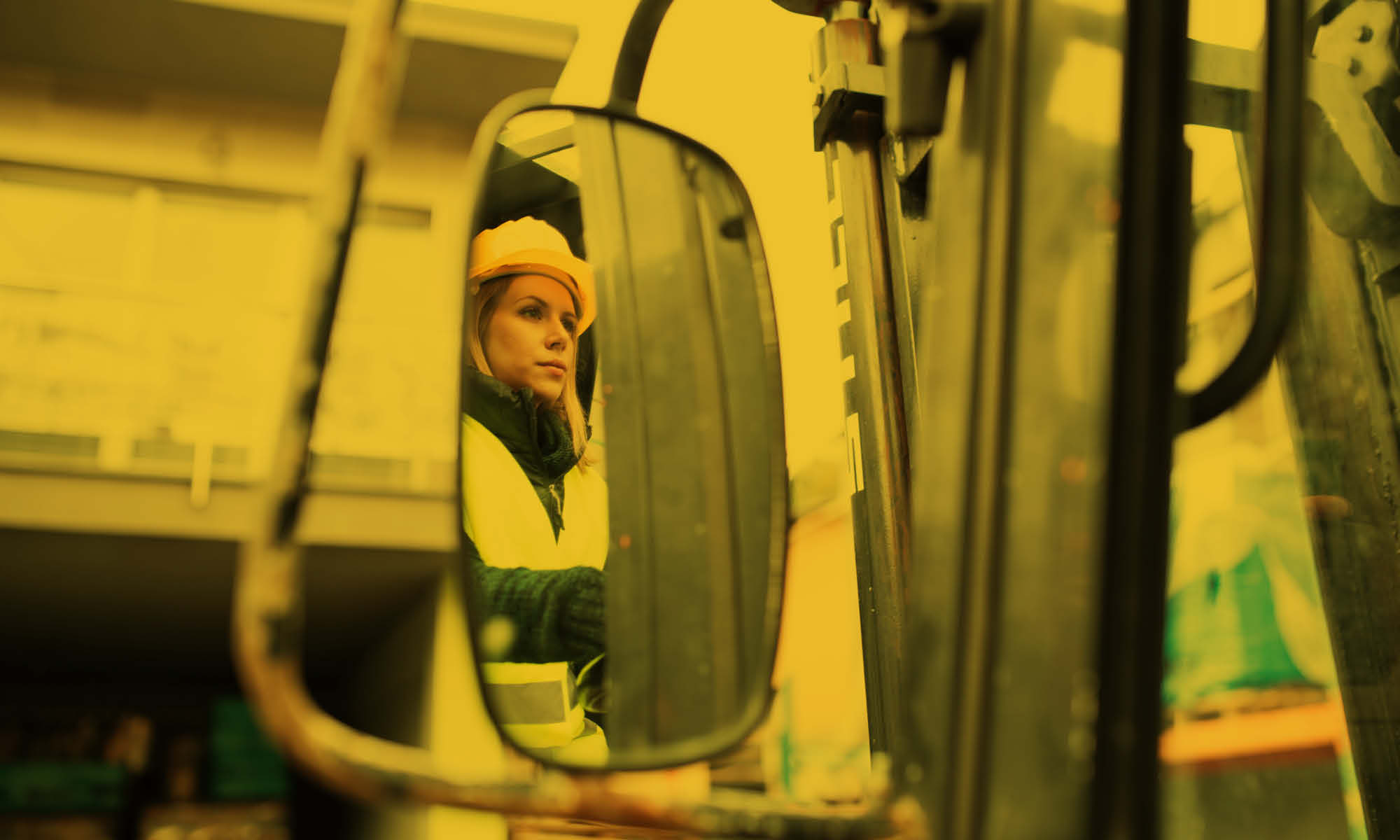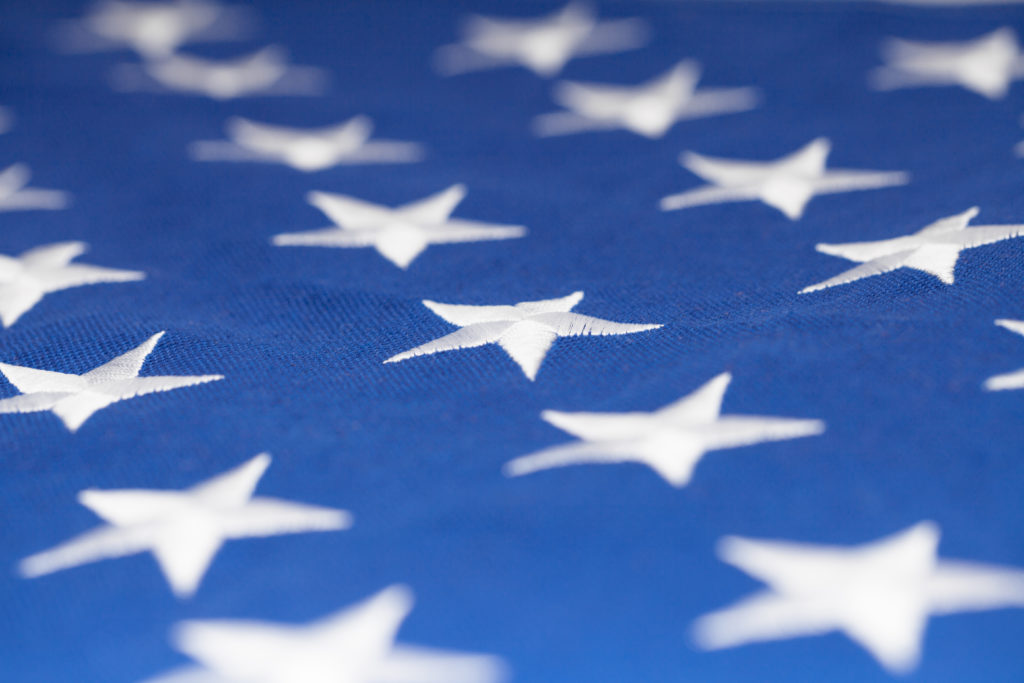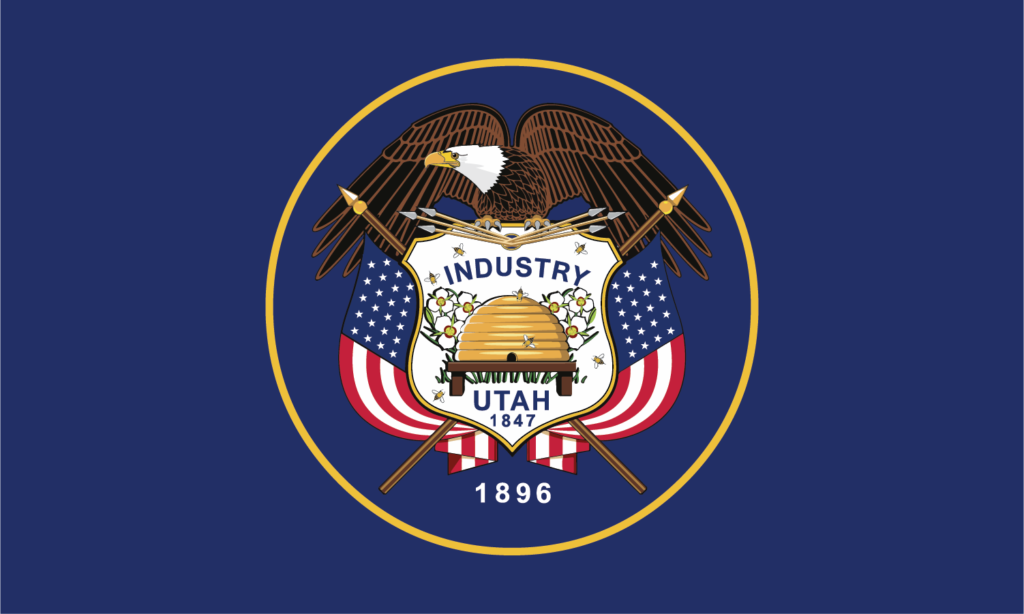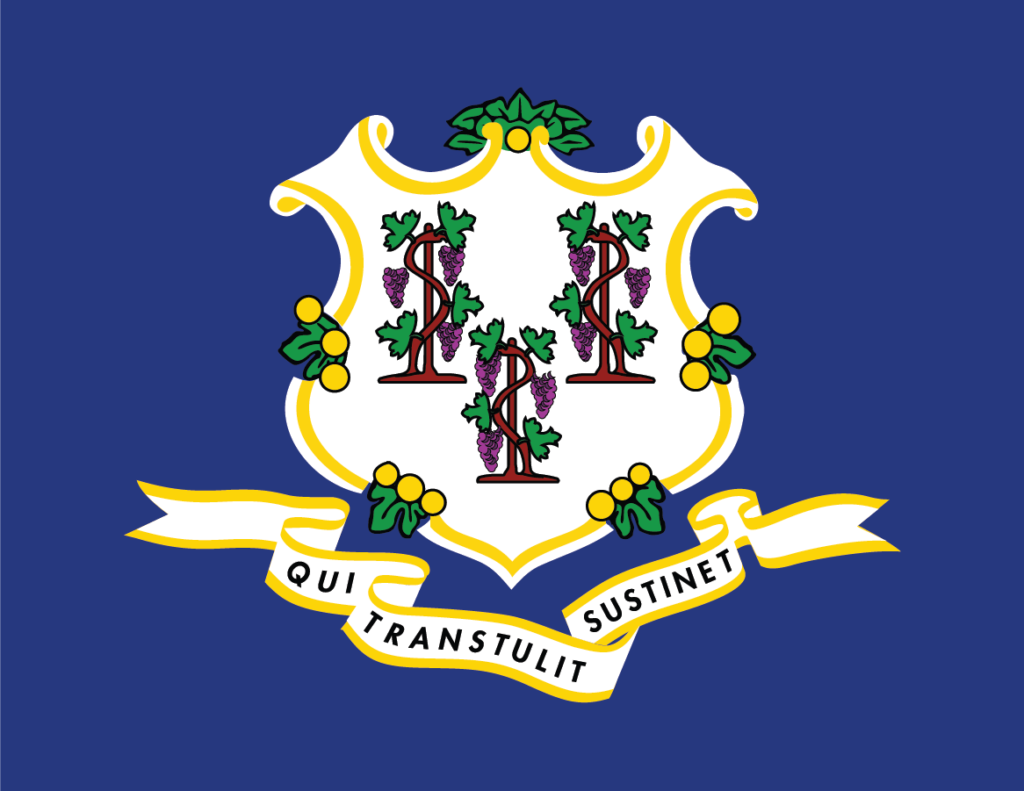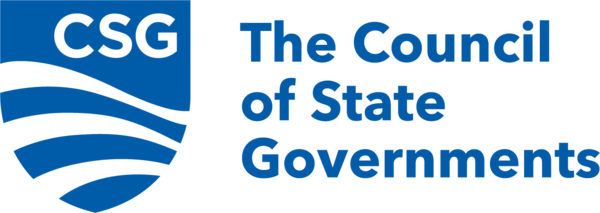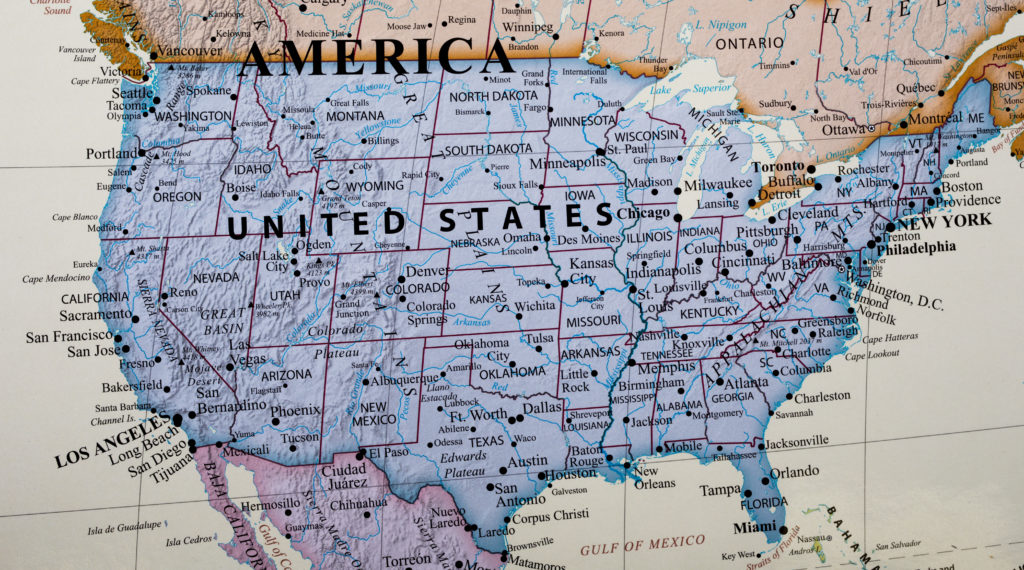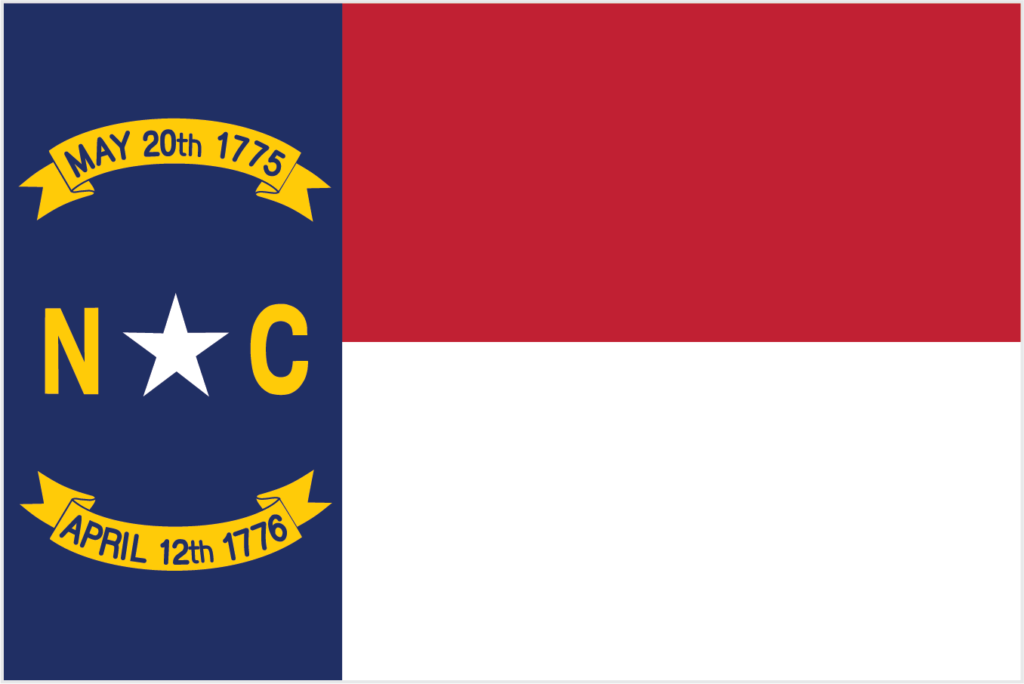
The consortium of states participating in the U.S. Department of Labor’s Occupational Licensing: Assessing State Policy and Practice project recently began their second round of project meetings to discuss occupational license reform. The 11 states–Arkansas, Colorado, Connecticut, Delaware, Illinois, Indiana, Kentucky, Maryland, Nevada, Utah and Wisconsin–are individually meeting to further review their licensure process, engage with policy experts and develop action plans. The state team meetings will culminate this year in the project’s second multistate learning consortium summit to be held Nov. 28-30 in Clearwater, Florida.
Continue reading “States Explore Occupational Licensure Reform”